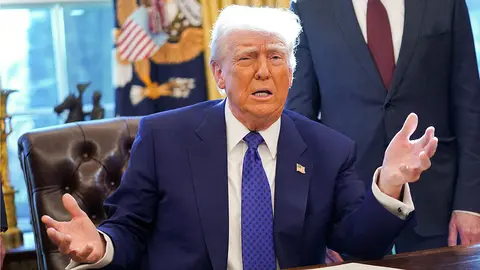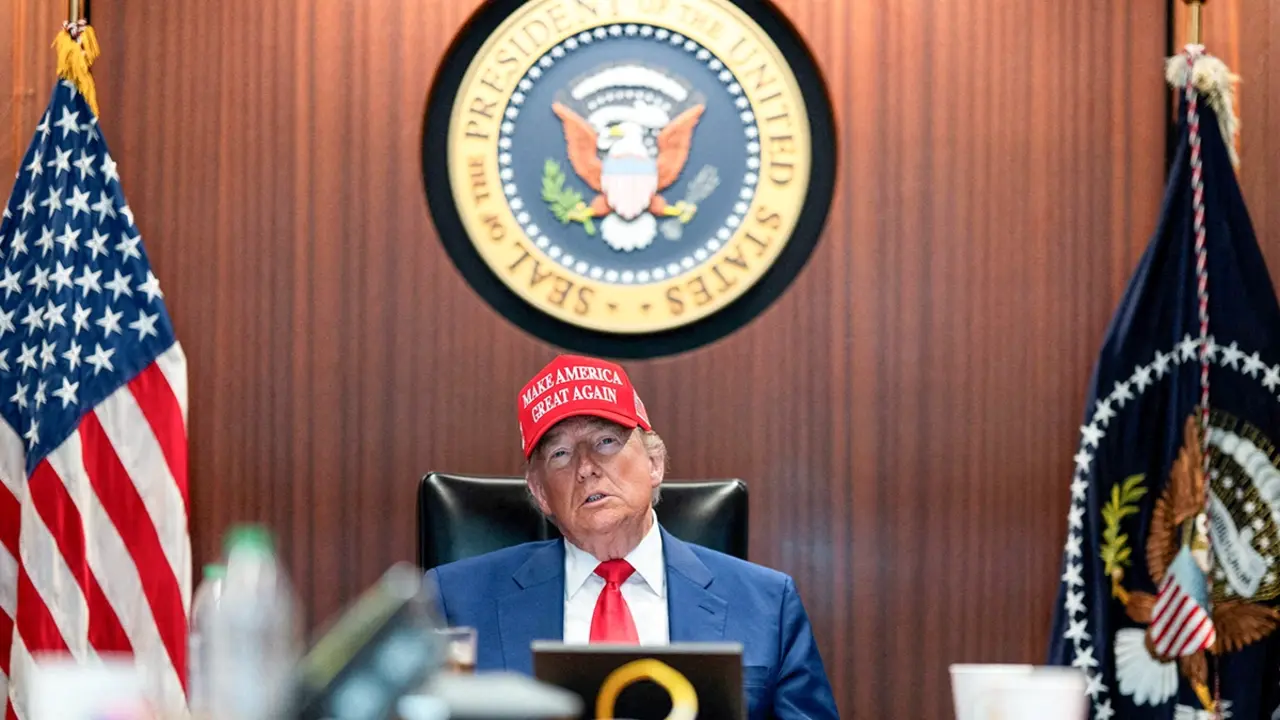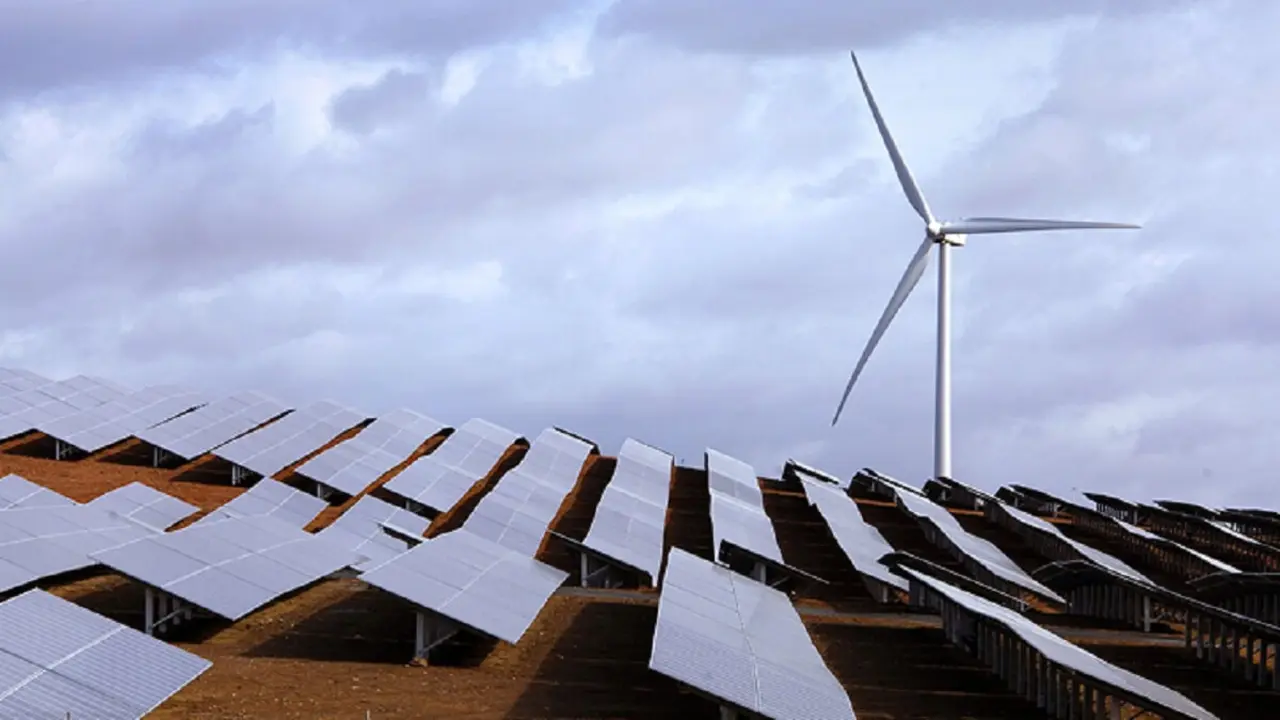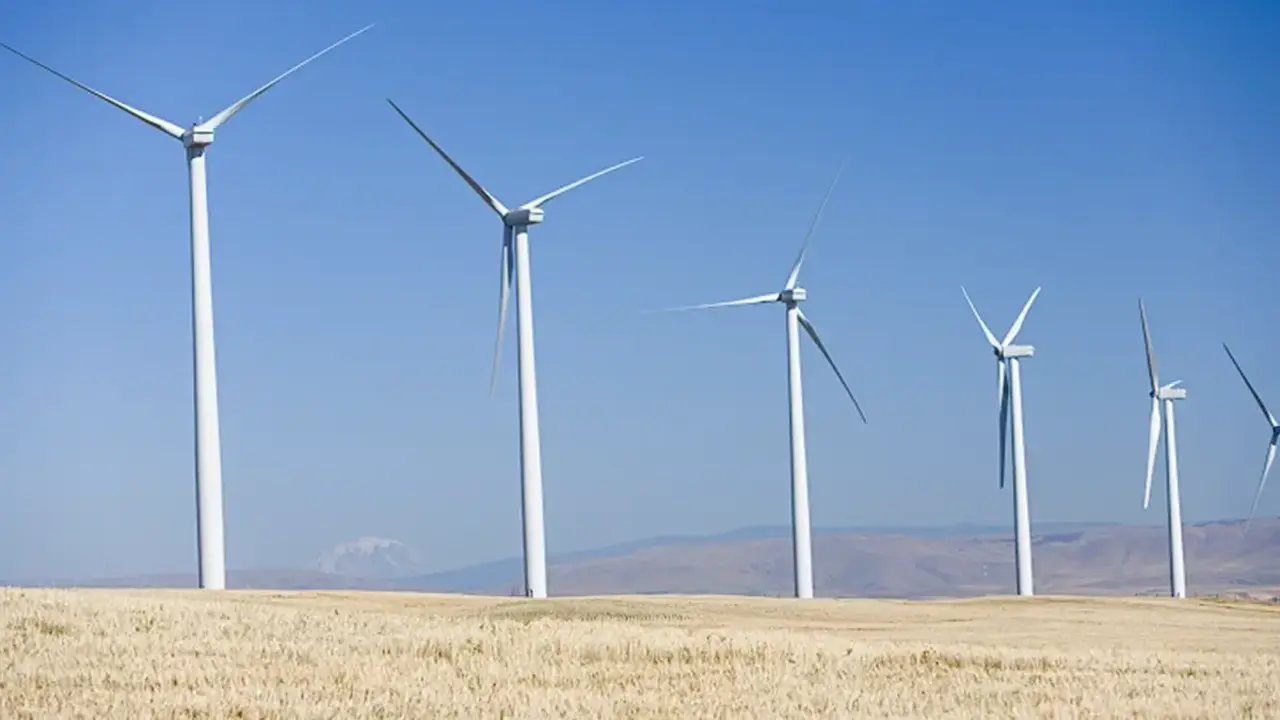China seeks to circumvent US sanctions to continue buying Venezuelan oil
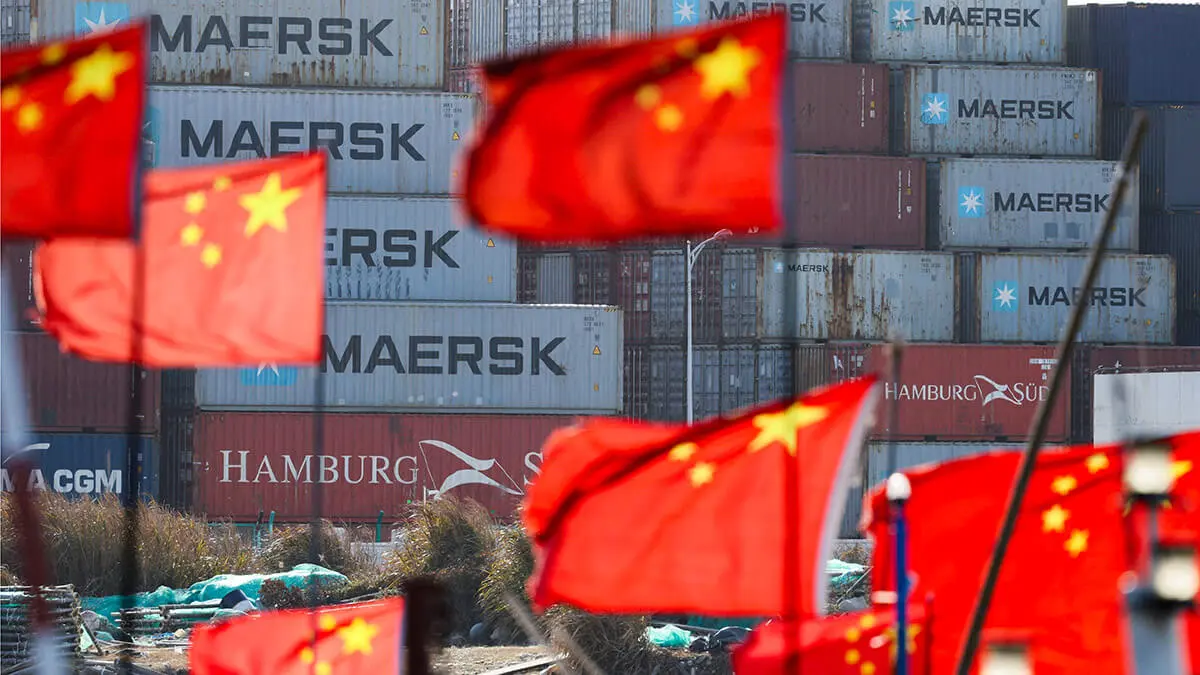
Since the arrival of Hugo Chávez at the Miraflores Palace, China and Venezuela have maintained a close relationship for decades, which continues with Nicolás Maduro. In contrast, the United States has maintained a totally opposite relationship through sanctions.
Since Donald Trump became President of the United States, the government has imposed a new tariff of 25% on Venezuelan oil exports, which will come into effect on 2 April. This has further compromised the situation of the Chinese oil industry, which is highly dependent on Venezuelan oil, as these companies were already facing difficulties that have been aggravated by the lack of profitability.

China is more than a political ally of Venezuela. So far in 2025, 68% of Venezuelan oil has been acquired by private Chinese companies. Despite the fact that the Asian giant's energy needs are the greatest in the world, Venezuelan oil only represents a fifth of the energy that China needs to sustain itself.
‘Any country that buys oil and/or gas from Venezuela will be forced to pay a 25% tariff to the United States on any trade they do with our country,’ Trump announced on his social network, Truth, and on X
Although the restrictions have not paralysed Beijing's purchase of Venezuelan oil, they have increased costs, forcing Chinese companies to engage in financial and strategic engineering in order to circumvent the sanctions.
But the economic agreements between Beijing and Caracas, and the extremely low prices of Venezuelan crude oil compared to that of other OPEC+ producers, do not stop China from continuing to acquire Venezuelan hydrocarbons.
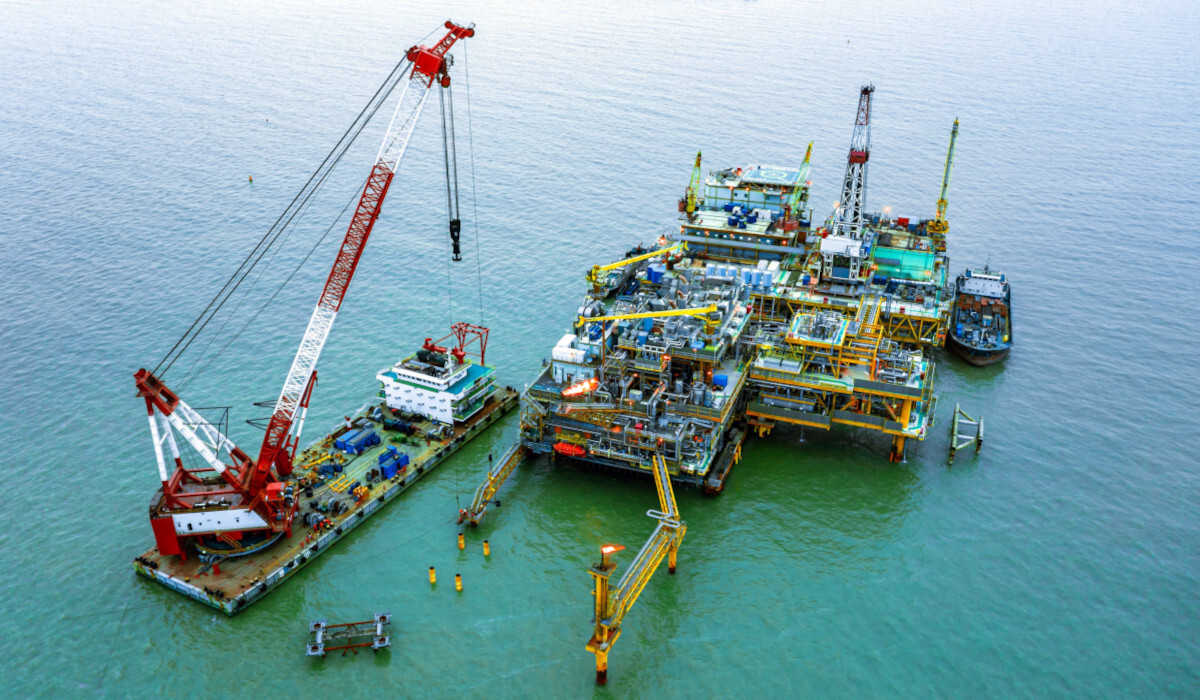
Venezuelan oil in Chinese industry
According to estimates by Chinese experts, Venezuelan oil is purchased by refineries, mostly in Shandong province, where the crude is known as ‘Merey’. It is used to produce fuel, bitumen and special asphalts for roads. Venezuela's Merey crude is one of the cheapest in the world, which makes it attractive to Chinese refineries with the capacity to process it.
However, the application of this new tariff on Venezuelan oil exports may entail additional costs that many Chinese refineries will not be able to bear, partly also due to internal problems, such as lack of demand or the transition to green or clean energy.
This accumulation of factors could lead to a crisis in the sector within Chinese territory, as the United States also maintains strong sanctions on both Iran and Russia, the other two major energy sources of the Asian giant.
Although, industry experts, such as Muyu Xu, have confirmed that China's oil crisis had already experienced a major drop at the end of last year. According to Xu, Trump used these sanctions to isolate Venezuela and force it to negotiate with Washington.

China does not give in to sanctions
Unlike what happened in 2019, when China completely suspended the purchase of Venezuelan oil due to sanctions imposed by the United States, this time Beijing is not considering giving in to US demands, as they believe they have sufficient mechanisms to be able to bypass the sanctions, at least for a while.
China has good reason not to succumb to US conditions, since it buys most of the oil it buys from Venezuela backed by legitimate sovereign debt purchase agreements with the Vinotinto country.

The imposition of a 25% secondary tariff on Venezuelan oil will therefore not have the effects that the US Administration anticipated, as its implementation is not a simple task. Until then, Chinese refineries will be able to continue to purchase crude oil at the same prices.
This pause in the purchase of Venezuelan crude oil ended in February 2024, although various reports indicate that trade never came to a standstill, as the Asian giant camouflaged oil shipments as ‘bitumen blends’. Another option being considered by Beijing is the exchange of crude oil between ships in Malaysian waters before it is unloaded in Chinese ports in order to hide the true origin of the oil.

